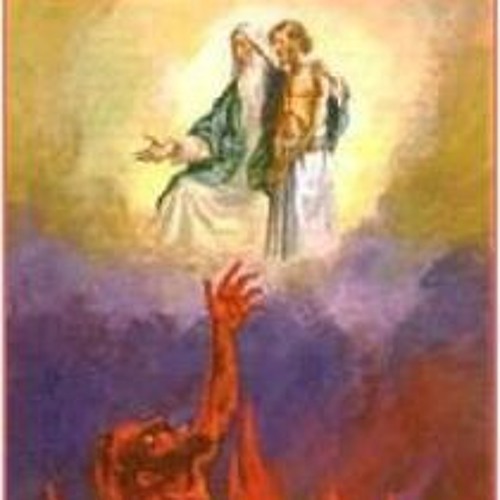The key to this week's Gospel, for me, is that: "Jesus told this parable to those among the Pharisees who loved money." (Lk 16: 19) Originally, the Pharisees were a sect of lay people who were knowledgeable about the law and zealous for its observance. Gradually they formed a party which sort to exert influence at a political level. In many ways they would have seen themselves as being on the side of the ordinary people. The idea of "a rich man who was dressed in purple and fine linen and who feasted sumptuously every day" (Lk 16: 19) is more redolent of the Sadducees who were of the party of the High Priest and were collaborators with the occupying Roman authorities. Jesus, in his parable, reveals the hypocrisy and self-serving nature of some of the Pharisees who are, in reality, no better than their political and religious opponents. The Pharisees' sense entitlement derived from their descent from Abraham will not protect them from the judgement of God for their corruption. Their facade of religiosity will be ripped away. The Pharisees, who say they are the true believers in Moses and the prophets as well as believing in the resurrection, find that their assertions of belief are hollow as the rich man admits when he asks for someone to return from the dead to warn his brothers. The love of money has blinded the Pharisees to the true meaning of the Scriptures which point to the Messiahship of Jesus and ultimately to his resurrection "If they do not listen to Moses and the prophets neither will they be convinced even if someone rises from the dead." (Lk 16: 31) This message was also valid for the early Christians and for us today. If we are greedy for money and indifferent to the sufferings of others our religion is false and our judgement is sure.

No comments:
Post a Comment